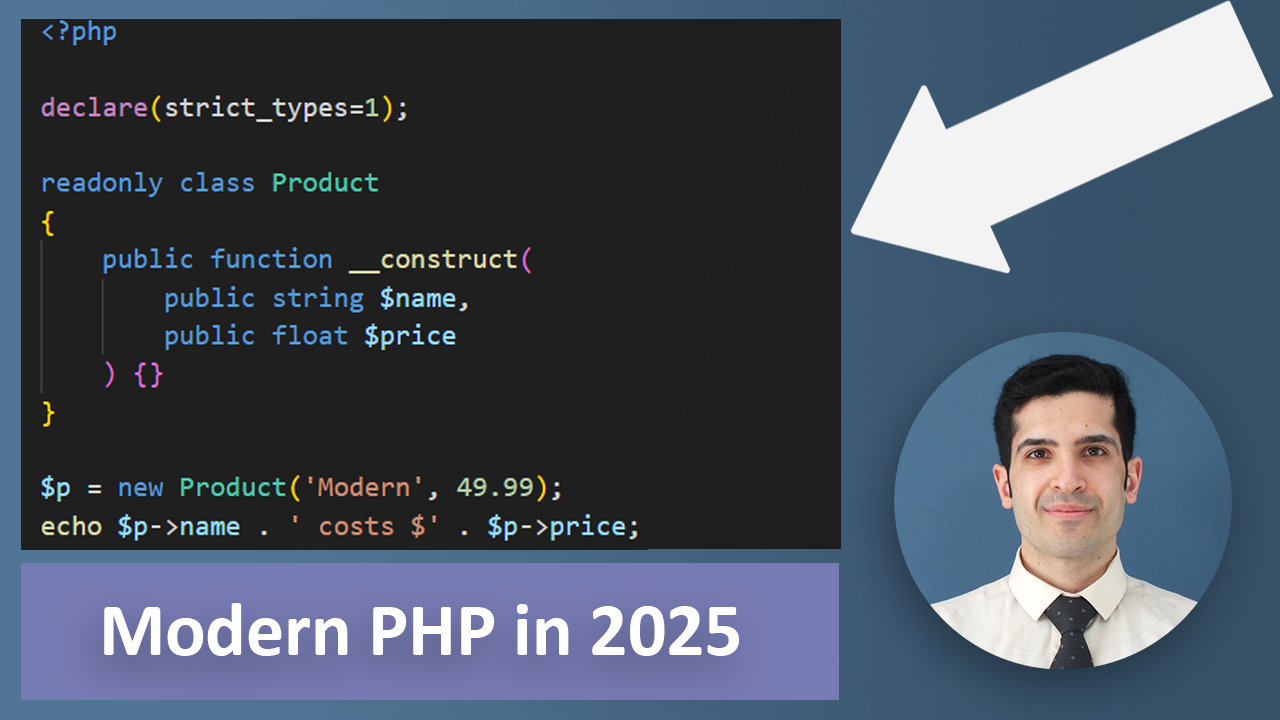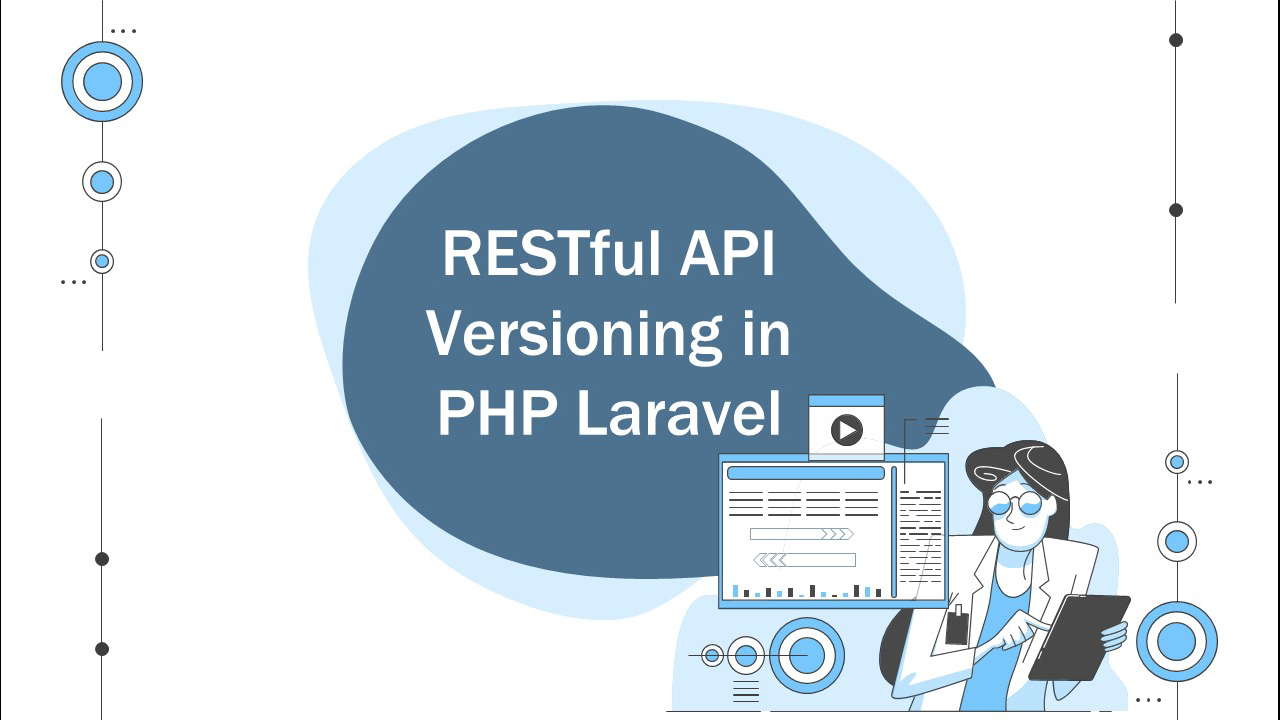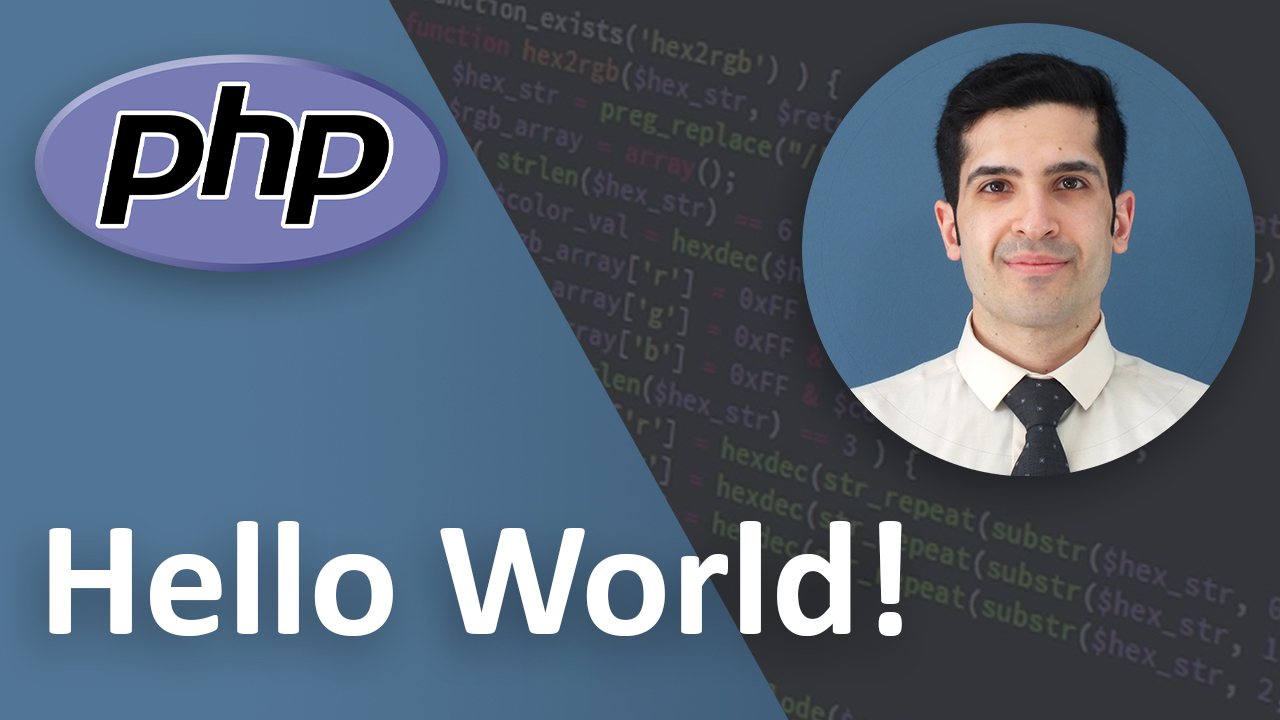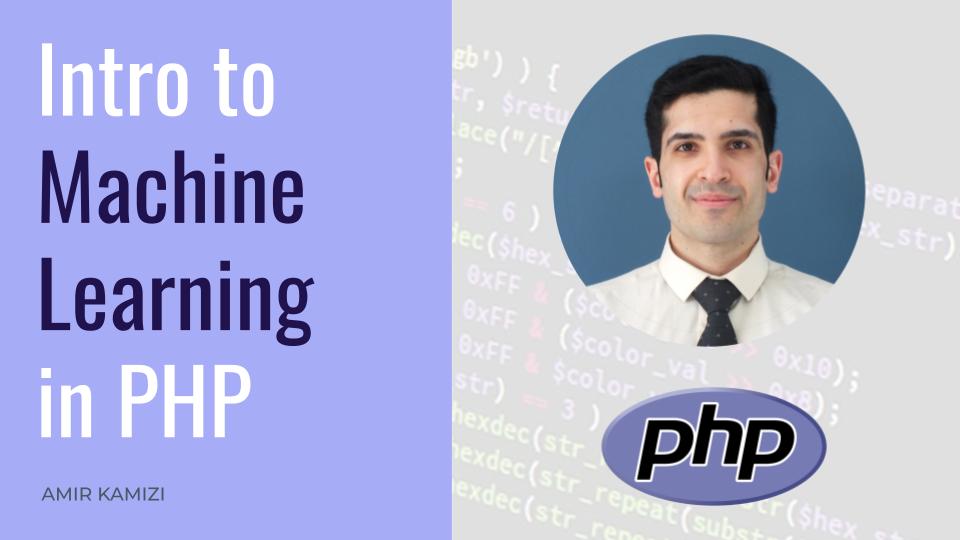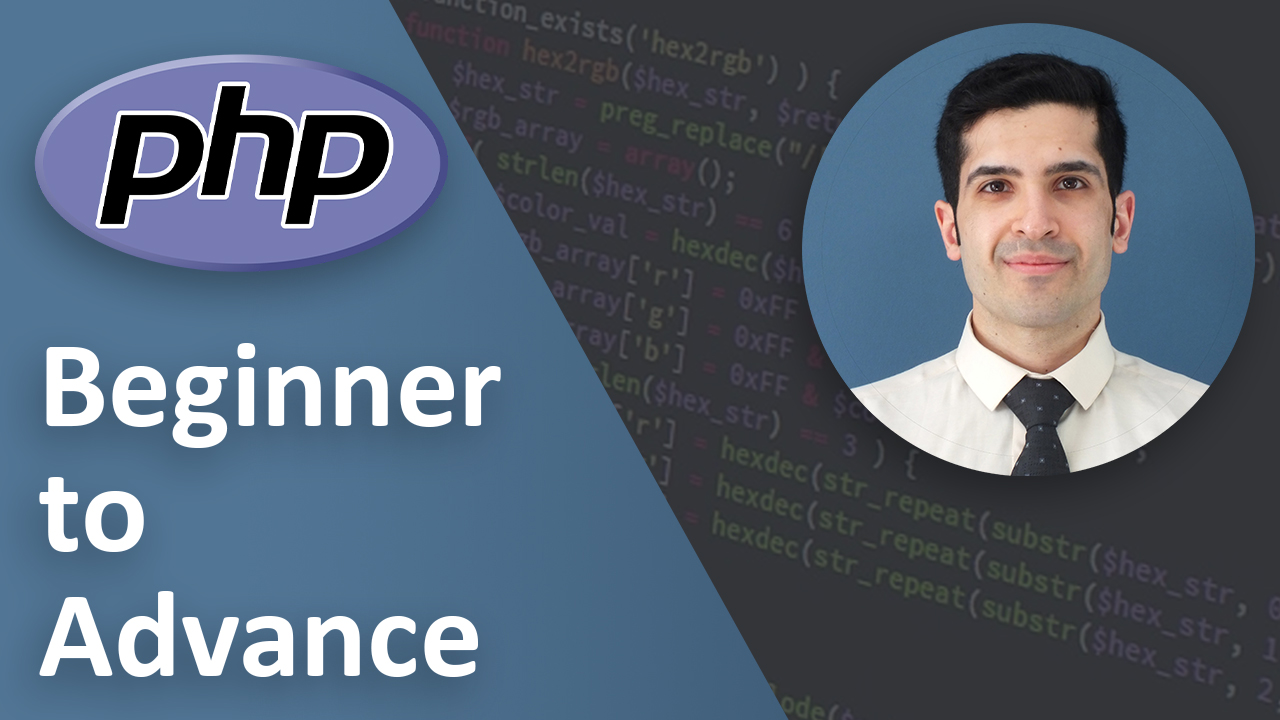What Modern PHP Looks Like in 2025
Last Updated on Jul 15, 2025
- Introduction
- Core Language Features and Syntax
- Tools and Libraries Defining Modern PHP
- 1. Composer
- 2. Symfony Components
- 3. Laravel and Laravel Octane
- 4. Pest PHP
- 5. Static Analysis Tools
- 6. Rector
- Modern Development Practices
- 1. Strict Types Everywhere
- 2. Dependency Injection and Service Containers
- 3. Event-Driven Architecture
- 4. API-First Development
- 5. DevOps and PHP
- Community and Ecosystem Growth
- Key Takeaways
Introduction
PHP has quietly evolved over the years, shedding many of its dated stereotypes while embracing modern programming practices and tooling. What used to be a language mocked for its inconsistencies and spaghetti-code reputation is now a mature, robust, and highly adaptable part of the web development ecosystem.
In this post, we’ll explore what working with PHP looks like in 2025. From the latest language features to powerful frameworks, tools, and best practices, this is a guide for both seasoned developers and those who might have dismissed PHP in the past.
Our goal is to showcase modern PHP tools and techniques that are shaping the language’s renaissance and to highlight why PHP remains a relevant and powerful choice for web development today.
Core Language Features and Syntax
PHP 8.3 and Beyond
As of 2025, PHP 8.3 is stable, and PHP 8.4 is on the horizon. Some standout features that define modern PHP development:
- Typed Properties and Union Types: Strong typing is now the norm, not the exception.
- Readonly Classes and Properties: Immutable data structures are officially supported.
- First-Class Callable Syntax: Cleaner and more expressive function references.
- Fibers and Asynchronous Support: While not fully replacing Node.js-like async paradigms, fibers allow PHP to handle concurrency more cleanly.
readonly class Product {
public function __construct(public string $name, public float $price) {}
}
Tools and Libraries Defining Modern PHP
1. Composer
Still the backbone of PHP package management, Composer has matured into a robust tool for dependency management, autoloading, and version control.
Hidden Gem: Composer 2 Performance Improvements
Composer 2 introduced massive performance enhancements, including parallel downloads and smarter dependency resolution.
2. Symfony Components
Even if you aren’t using the full Symfony framework, its components like:
- HTTP Foundation
- Messenger (for async jobs and queues)
- Dependency Injection Container
…are now common in standalone projects or as part of other frameworks like Laravel.
3. Laravel and Laravel Octane
Laravel continues to dominate as the go-to full-stack framework. Key highlights in 2025:
- Laravel Octane using Swoole or RoadRunner for high-performance, persistent processes.
- Laravel Vapor for serverless PHP on AWS.
- Rich Ecosystem: Livewire, Inertia.js, Filament, and more.
4. Pest PHP
Pest has become the testing framework of choice for many teams. Its syntax is clean, expressive, and modern:
it('has a product price', function () {
$product = new Product('Book', 19.99);
expect($product->price)->toBeFloat();
});
5. Static Analysis Tools
- PHPStan and Psalm have become industry standards.
- Modern PHP development often includes static analysis as part of CI/CD pipelines.
6. Rector
Rector automates code refactoring and upgrades. This is especially helpful when migrating between PHP versions or modernizing legacy codebases.
Modern Development Practices
1. Strict Types Everywhere
Most modern PHP projects now begin files with:
declare(strict_types=1);
Strict typing enforces better code quality and predictability.
2. Dependency Injection and Service Containers
Manual dependency management is largely obsolete. Most PHP projects use service containers to handle object creation and dependency resolution.
3. Event-Driven Architecture
Between Symfony Messenger and Laravel Events, event-driven patterns are now the norm in large-scale PHP applications.
4. API-First Development
More PHP apps are built as APIs, using tools like:
- API Platform (built on Symfony)
- Laravel Sanctum and Passport for authentication.
5. DevOps and PHP
- Docker is standard. Projects now ship with Docker Compose files pre-configured.
- CI/CD Pipelines using GitHub Actions, GitLab CI, or Jenkins for automated testing and deployment.
- PHP-FPM + Nginx setups remain popular but are often paired with Octane or serverless platforms.
Community and Ecosystem Growth
The PHP Foundation, established in late 2021, continues to fund core development. Regular RFCs and transparent decision-making have revitalized community trust.
Conferences like PHP[tek], Laracon, and SymfonyCon still draw large crowds, while online learning platforms offer courses up to date with the latest best practices.
Key Takeaways
- Modern PHP is strongly typed, immutable-friendly, and equipped with async capabilities.
- Composer 2, Symfony Components, and Laravel Octane define the modern PHP toolchain.
- Static analysis, automated refactoring, and strict typing are part of day-to-day PHP development.
- PHP remains highly relevant, powering everything from monoliths to microservices and serverless apps.
- A vibrant community and strong governance continue to shape PHP’s future.
